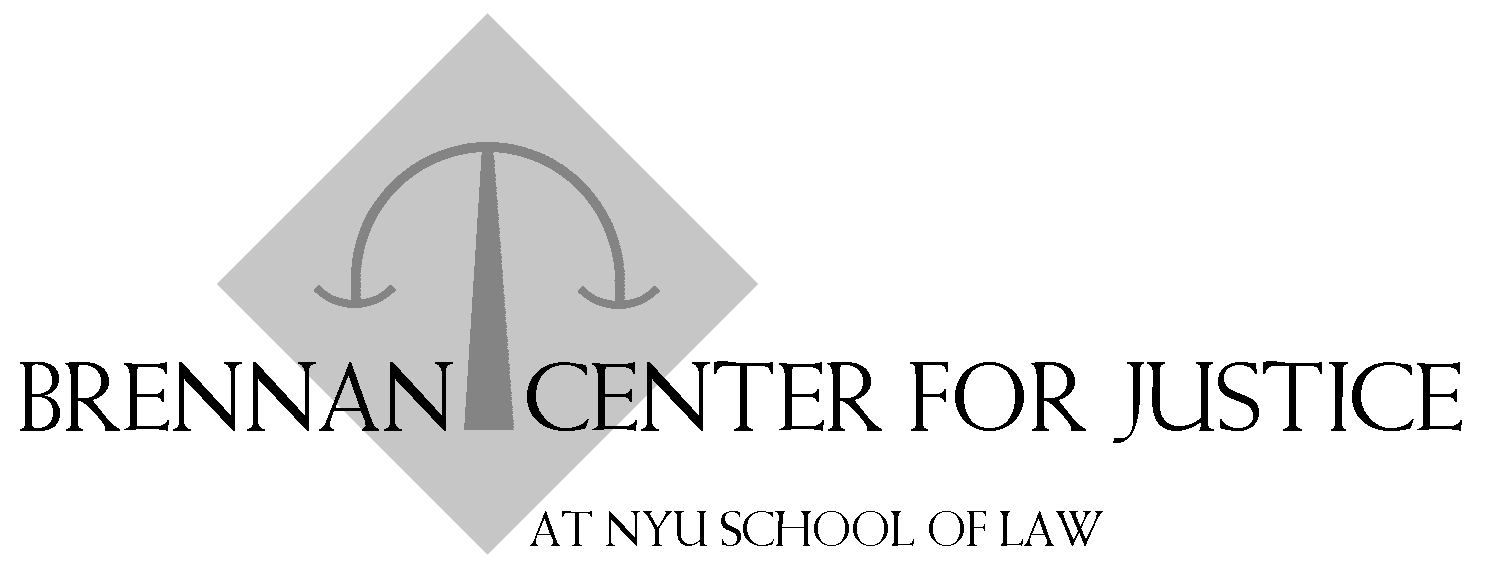|
 |
ACLU Drug Law Reform Project
The ACLU Drug Law Reform Project (DLRP) provides legal representation nationwide to victims of current drug laws and enforcement practices that violate their constitutional and civil rights. We use our lawsuits to advocate at the local, state, and federal level for a drug policy premised on personal autonomy and responsibility, privacy, freedom, and fairness, where the government’s responses to drug use and non-violent drug activity are limited to the provision of voluntary, effective, and equally available drug treatment programs and accurate, science-based drug information.
Founded in 1999 by a lawyer who sought to challenge civil rights and liberties violations arising from drug laws in the courts, using the Bill of Rights, the DLRP has grown into a national impact litigation and advocacy project based in Santa Cruz, California. The DLRP promotes a drug policy in which no one goes to prison or is otherwise under the control of the criminal justice system for non-violent drug activity or for being addicted to drugs, and scientific research about the benefits and harms of drug use can proceed free from government repression or interference.
|
 |
ACLU Women’s Rights Project
The ACLU Women's Rights
Project is part of the National ACLU. It was founded in 1972 by
Ruth Bader Ginsburg, and since that time has been a leader in the
legal battles to ensure women's full equality in American society.
The WRP is dedicated to the advancement of the rights and interests
of women, with a particular emphasis on issues effecting low-income
women and women of color.
The Women's Rights Project has overall
responsibility for implementing ACLU policy in the area of gender
discrimination. The WRP conducts direct litigation, files friend-of-the-court
briefs, provides support for ACLU affiliate litigation, serves as
a resource for ACLU legislative work on women's rights, and seeks
to advance ACLU policy goals through public education, organizing
and participating in coalitions. The WRP has been an active participant
in virtually all of the major gender discrimination litigation in
the Supreme Court, in Congressional and public education efforts
to remedy gender discrimination, and in other endeavors on behalf
of women.
|
 |
The Brennan Center for Justice at New York University School of Law
The Brennan Center for
Justice unites thinkers and advocates in pursuit of a vision of
inclusive and effective democracy. Our mission is to develop and
implement an innovative, nonpartisan agenda of scholarship, public
education, and legal action that promotes equality and human dignity,
while safeguarding fundamental freedoms.
We use scholarship, public education, and legal action to find innovative
and practical solutions to intractable problems in the areas of
democracy, poverty, and criminal justice.
The Center takes its cue not from Brennan opinions written for a
past era, but from the singular Brennan spirit of asking the hard
questions, transcending conventional wisdom, keeping faith in the
power of open and honest discourse, and building unlikely coalitions
around practical solutions.
|
 |
Break the Chains
The mission of Break the Chains (BTC)
is to help build a national movement within communities of color
against punitive drug policies, with the ultimate aim of enacting
alternative policies that promote racial justice, public health
and human rights. A guiding principle at BTC is that because communities
of color are disproportionately affected by current drug policies
they must be an integral part to the movement to reform them. BTC’s
goal is to support community leaders and elected officials in "connecting
the dots" between the war on drugs and their articulated concerns
about criminal justice, civic participation, and drug-related HIV.
In doing so, BTC seeks to stimulate serious debate about reforming
punitive drug policies within the communities most affected by them.
Wherever possible, we will work to broaden coalitions with African
American, Latino, Native American, Asian and other leaders to:
• Increase public awareness that drug addiction is a disease,
not a crime, and thereby to reduce the stigma attached to it. We
will do this by working wherever possible to promote drug treatment
as a positive human right. We seek to increase access to community-based
drug treatment outside of the criminal justice system, and to promote
a range of harm-reducing approaches to deal with drug use and addiction;
• Reduce the number of people of color arrested, convicted
and incarcerated for drug offenses; and
• Reduce the amount of substance abuse plaguing all Americans,
but particularly that within poor communities and communities of
color.
|
|
|